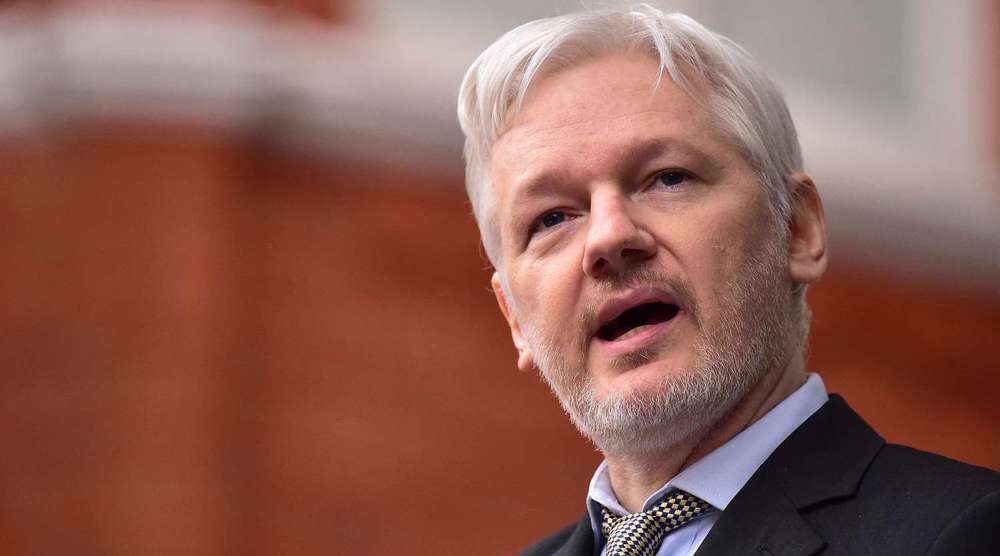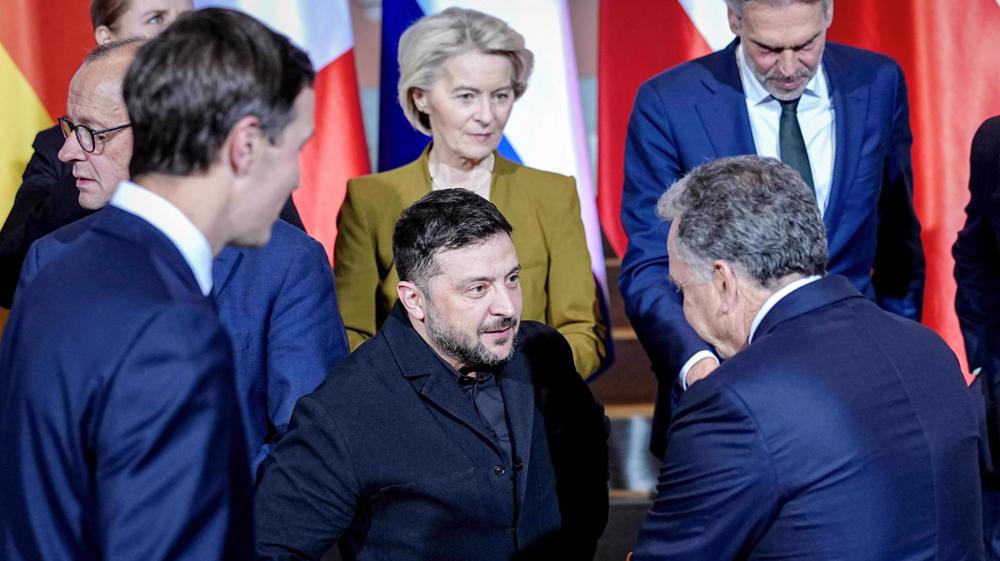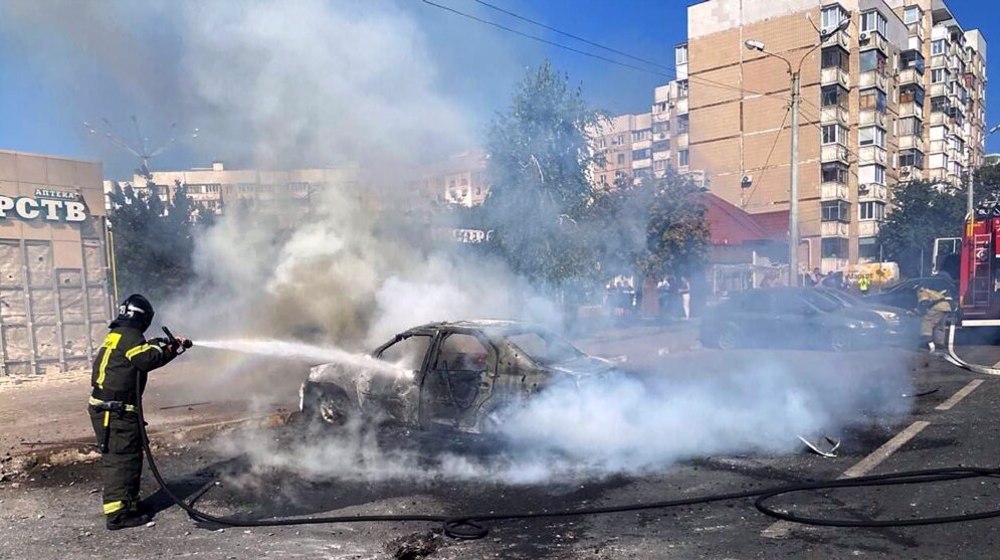Poland plans to expand army due to ‘security concerns’
Poland plans to expand armed forces next year, saying the move is due to security concerns. "We've decided to increase the number of Polish troops. We estimate that next year the army will number around 150,000 men," Polish Defense Minister Antoni Macierewicz said on Friday.
He added that in September Poland will start enrolling volunteers for the paramilitary force, which makes an important part of the new total with about 35,000 forces.
"The territorial defense force is our response to the threat associated with hybrid warfare," said Polish Defense Ministry official Grzegorz Kwasniak, who is responsible for the creation of the new paramilitary group.
Macierewicz did not explicitly mention Russia but according to reports the priority in the deployment of the troops will be given to provinces bordering Belarus and Ukraine -- Podlachia, Lublin, and Podkarpackie -- that are deemed to be the most exposed to Russia. Each of Poland's 16 provinces will have a brigade-level force, with Mazovia -- the biggest and most populous region in the center of the country -- having two.
There are also reports of another Polish paramilitary group called ‘a riflemen's association’ (Strzelec in Polish) -- comprised of around 12,000 people, many of them youngsters -- receiving military training.
NATO is revamping alliance in the region, and NATO leaders at a Warsaw summit on 8-9 July will formally finalize the details of a plan to start increasing the number of troops in eastern European member states. Member states will send troops to beef up the alliance's presence near the Russian border, with one NATO battalion being deployed to Poland and three more to the neighboring Baltic states -- Estonia, Latvia, and Lithuania. The total troop deployment is expected to be about 4,000, on a rotating basis.
Last month, the Aegis ashore ballistic missile defense system (BMDS) was activated in Romania, and Poland also announced plans to open such a site within two years.
Earlier in May, NATO Secretary General Jens Stoltenbergsaid the NATO military buildup on the territory of Eastern European countries is a response to “Russian aggression in Ukraine.”
Deputy Foreign Minister Aleksey Meshkov said later in the month that “The Russian side has repeatedly stated that the buildup of the NATO military presence near Russian borders violates the spirit of the basic Russia-NATO pact and cannot be left unanswered by our country… we are bound to secure the safety of our state.”
In late-May, President Vladimir Putin said that Russia is left with “no choice” but to retaliate against Washington’s provocative moves in Eastern Europe and keep Romania and Poland in sight for installing US missile systems.
“If yesterday people simply did not know what it means to be in the crosshairs in those areas of Romania, then today we will be forced to carry out certain measures to ensure our security. And it will be the same with Poland.”
The Ukraine crisis and Crimea’s reunion with Russia have plunged Kremlin’s relations with the West to their lowest point since the Cold War.
Crimea declared independence from Ukraine on March 17, 2014 and formally applied to become part of Russia following a referendum a day earlier, in which 96.8 percent of participants voted in favor of secession.
Since then, the US and some other Western countries have imposed several rounds of sanctions against Russia over accusations that Moscow has been involved in a deadly crisis in Ukraine, which broke out when Kiev launched military operations to crack down on pro-Russia forces in eastern Ukraine last year. Russia has denied the allegation.
US ambassador meets Palestinian official in Ramallah: Report
UAE exposed as secret buyer in huge arms deal with Israel: Report
Trump, Netanyahu planned war on Iran since February: Report
Iran condemns US hypocrisy, citing aggression, sanctions, restrictions
VIDEO | Pakistan, Russia explore potential oil cooperation amid global sanctions
VIDEO | Bethlehem’s Christmas returns: A message of peace from the birthplace of Christianity
VIDEO | Press TV's news headlines
VIDEO | Protestors call for release of British hunger strikers










 This makes it easy to access the Press TV website
This makes it easy to access the Press TV website